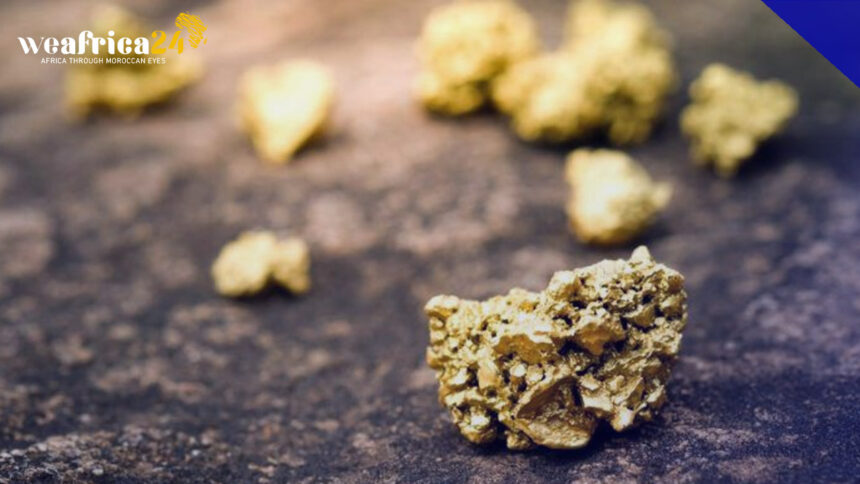Sudan is a country rich in natural resources, including gold. Sudan has been producing gold for centuries, and it remains an important part of the country’s economy. The gold resources in Sudan are significant, and the country is now one of the top producers of gold in Africa.
Estimates put Sudan’s gold reserves at around 500 tons, making it the third-largest producer of gold in Africa after South Africa and Ghana. The country is also among the top ten producers of gold in the world, with large deposits located in various parts of the country.
The history of gold mining in Sudan dates back to ancient times, and gold mining has been a significant source of income for Sudanese people for many years. The Nubian Desert in the eastern part of Sudan is known for its rich gold deposits, which were mined by ancient civilizations like the Nubians, Egyptians, and Romans. The first modern gold mining activities in Sudan began in the late 19th century during the British colonial era.
In recent years, the Sudanese government has taken significant steps to attract foreign investment in the country’s gold mining industry. In 2015, the government launched a new strategy to increase gold production and attract foreign investment, with a target of producing 100 tons of gold annually by 2020. This initiative included the introduction of new regulations to streamline the licensing process and increase transparency in the industry.
Sudan’s gold mining industry has seen significant growth in recent years, with several major international mining companies investing in the country’s gold resources.
Growth and Concerns for Sustainability and Social Responsibility
In addition to international mining companies, Sudanese gold mining cooperatives, and artisanal miners also play an important role in the country’s gold production. According to the Sudanese Ministry of Minerals, around 1.5 million people are involved in gold mining activities in the country, with an estimated 70% working in the informal sector.
However, the growth of Sudan’s gold mining industry has also raised concerns about environmental and social impacts. The unregulated use of chemicals like mercury in gold processing has led to water and soil pollution, and the working conditions for artisanal miners have often been unsafe and exploitative.
To address these issues, the Sudanese government has launched several initiatives to promote sustainable and responsible mining practices. The government has introduced new regulations to regulate the use of chemicals in gold processing and to protect the environment. The government is also working with international organizations like the United Nations Development Program (UNDP) and the World Bank to improve the working conditions and livelihoods of artisanal miners.







